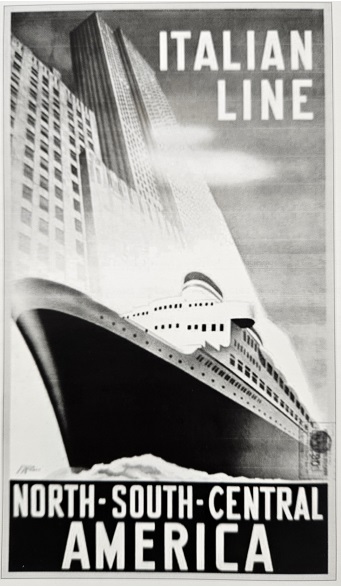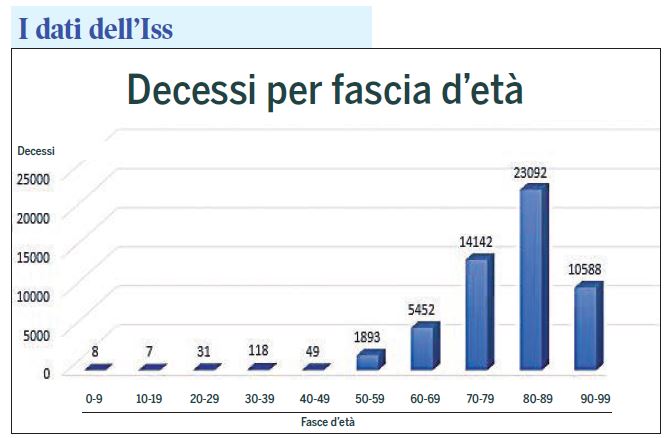The glorious Italy
outside its borders
Seventh chapter of the publication, in ten chapters both in Italian and English, of the academic presentation that our periodic collaborator Goffredo Palmerini held in L’Aquila on November 3rd, on the occasion of the CRAM Assembly (Regional Council of Abruzzesi in the World). The report is entitled “Historical notes on Italian emigration” and traces the history of the Italian Diaspora.
L’AQUILA – (continued… part nine) Every time I meet our communities abroad, my first words are ones of gratitude. I thank you on a personal behalf. I thank you on behalf of the institution that I have represented from time to time. But I also thank you on behalf of Italy, because of my long service in those institutions. I also do it to make up for those who, having government functions (local, regional or national), sometimes forget to express gratitude towards our emigrants, sometimes even forget to meet their cultural associations.
At the risk of sounding “preachy”, we must always be grateful to them for the extraordinary service they have done for Italy. Not only in contributing to its rebirth after two world wars, with their hard currency remittances. We know how much this represented in the Italian economy for the reconstruction of the country after the war and for kick-starting our economic development.
Italy owes the communities of its emigres more than the irrefutable economic boost it still provides. Those communities have painted an image of Italy as a land of absolute quality, populated with people of irrefutable substance. They have manifested “a straight back and broad shoulders”. They have earned respect and prestige in overcoming the odds by establishing themselves in highly competitive societies in all sectors of life: economic, entrepreneurial, professional, research, culture, academia, even in Parliaments and Governments.
They have been able to demonstrate that they are serious, reliable, law-abiding people, meeting and often surpassing the expectations held for the “long established” or “native” populations of the countries to which they emigrated. In spite of their “disadvantaged origins”, these emigrants have been able to root themselves in every aspect of “the marketplace” and infusing it with “that extra something” that everyone, often grudgingly, recognizes in us: the ability to cultivate relationships, to engage in sound social interactions, above all to manifest that creativity, that typical Italian talent that is particularly appealing to everyone.
This is the glorious Italy that has demonstrated the positivity of the Italian people outside its borders. Sometimes it even changed the attitude of others towards Italy in many countries. Because we too must admit some failings, such as looking for loopholes in the law, a tendency than leads to scarce respect for rules imposed from above, the Byzantineism of our political class (incomprehensible abroad), corruption in the public administration and so on. Serious aspects that we should correct.A abroad, especially in Anglo-Saxon or Protestant countries, these negative qualities remain highly reprehensible. Consequently, in place of an image of Italy as the great country it is, we are viewed with disdain.
We need to improve ourselves, mirroring what our compatriots have done abroad.
Above all, we have the moral duty to know and make known the history of our emigration. We must work so that history enters our schools curricula that it is studied by our children, so that it penetrates the agendas of university studies so that the Italy inside our national boundaries comes to the Italy outside those borders.
How many opportunities could arise for our country with a new and mature relationship between these two Italys – inside national borders and beyond – which know and recognize each othe? Imagine the “oneness” with the communion of language and culture, with the awareness of being and feeling like one great people on the move, even with the portion outside the [European confines].
With the spread of the Italian language and culture, the politics of Made in Italy works; trade follows, everything else does as well. Above all, there is no better way to make the Italian brand better known known throughout the world. That would have important reverberations particularly for tourism, one of the major assets of our economy.
Imagine an Italy of 140 million Italians (60 in Italy, another 80 abroad), to promote tourism, even that of returning to one’s roots, to enhance that extraordinary, enviable heritage comprising nearly two thirds of the world’s of art, history and culture that Italy can boast. That is what our emigrants represent.
(continues…)
Translation in English by the Hon. Joe Volpe, Publisher
The pic at the top of the article is from the book “La Merica. Emigrazione dei Monteleonesi verso gli Stati Uniti dal 1882 al 1924” by Antonio De Vitto




